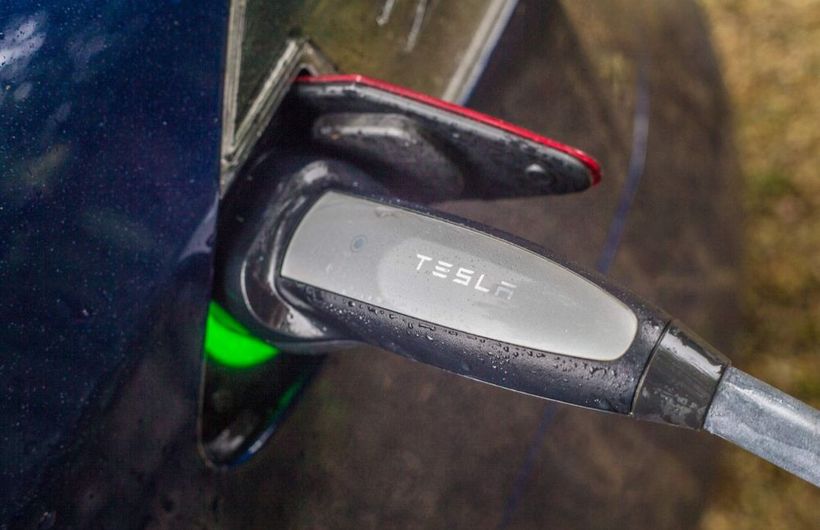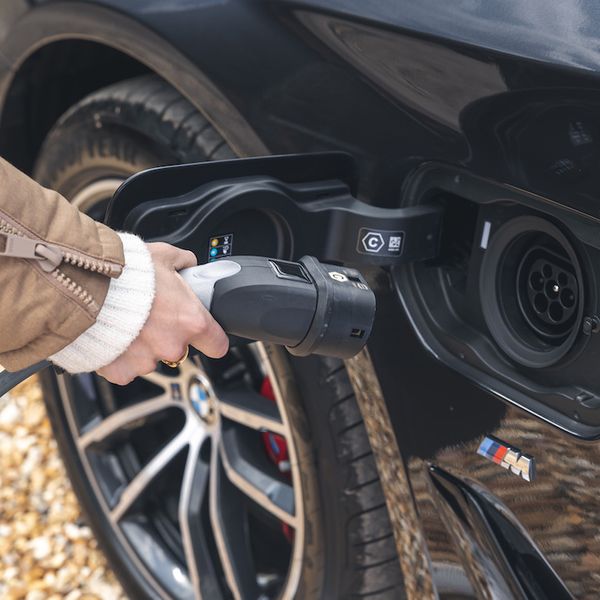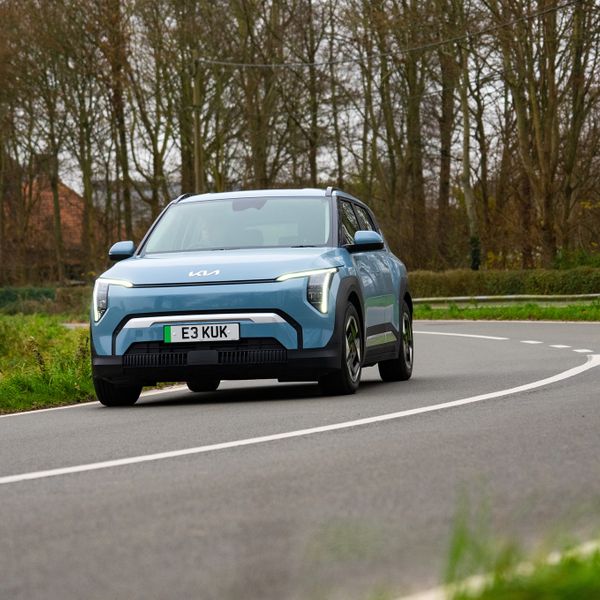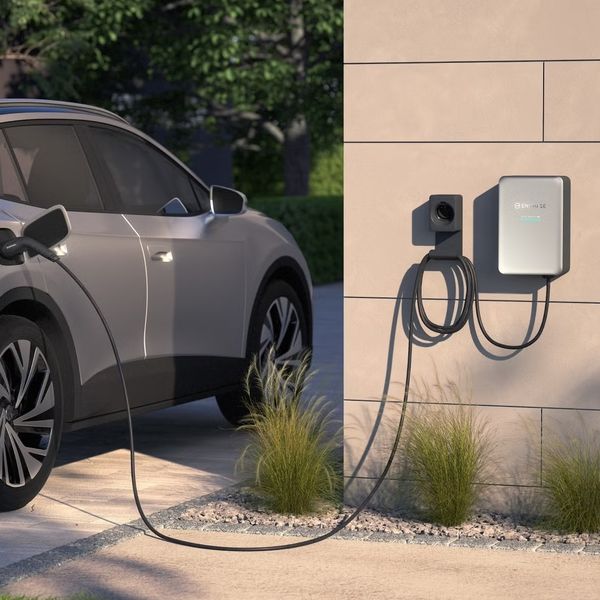If you are thinking about buying a Tesla, one of the main incentives will undoubtably be the charging network. It’s reliable, fast, easy to use and generally less stressful than any other way of charging an electric car. But how much does it cost to charge a Tesla?
As with many things related to charging, there is no simple answer, and the costs vary from completely free to quite pricey. Here’s the breakdown:
How to charge a Tesla for free
In addition to the various ways that any electric car driver can bag a free charge which we have listed here, Tesla drivers can add a few more sources of free miles.
The most common is destination chargers, which are Tesla-branded, Type 2 units with tethered cables which are installed at business locations such as hotels, restaurants and car parks across the UK and Europe. They are generally 22kW too, meaning you can take power on almost three times as fast as a conventional AC public charger or home wall box.
As long as you are a customer of the business, they are free to use. This might not be the case forever though, and companies in the US can add a per kWh cost if they install more than six charge points.
Tesla drivers are also given a certain amount of Supercharging credits a year, with more added if they refer new customers to the brand. If you don’t use the network often, it could mean you never have to pay.
The biggest bonus for free charging is if your Tesla was sold originally with unlimited free Supercharging. On certain cars, such as the Model S, this was included in the price and is transferable to new owners. On other cars it only applied to the first owner. Some taxi drivers have used this to clock up half a million miles without ever paying for electricity.
Other owners may have been given a certain amount of free charging as part of an incentive to shift unsold stock.
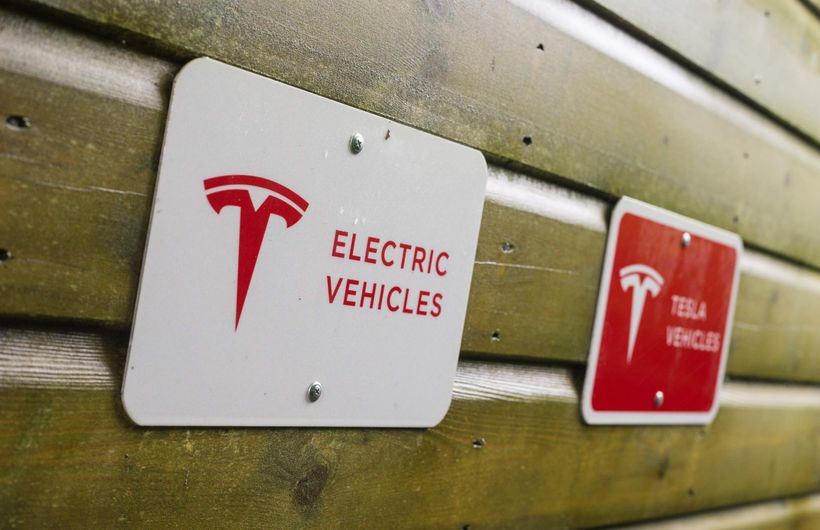 Destination chargers are usually free as long as you are a customer of the host business
Destination chargers are usually free as long as you are a customer of the host business 








